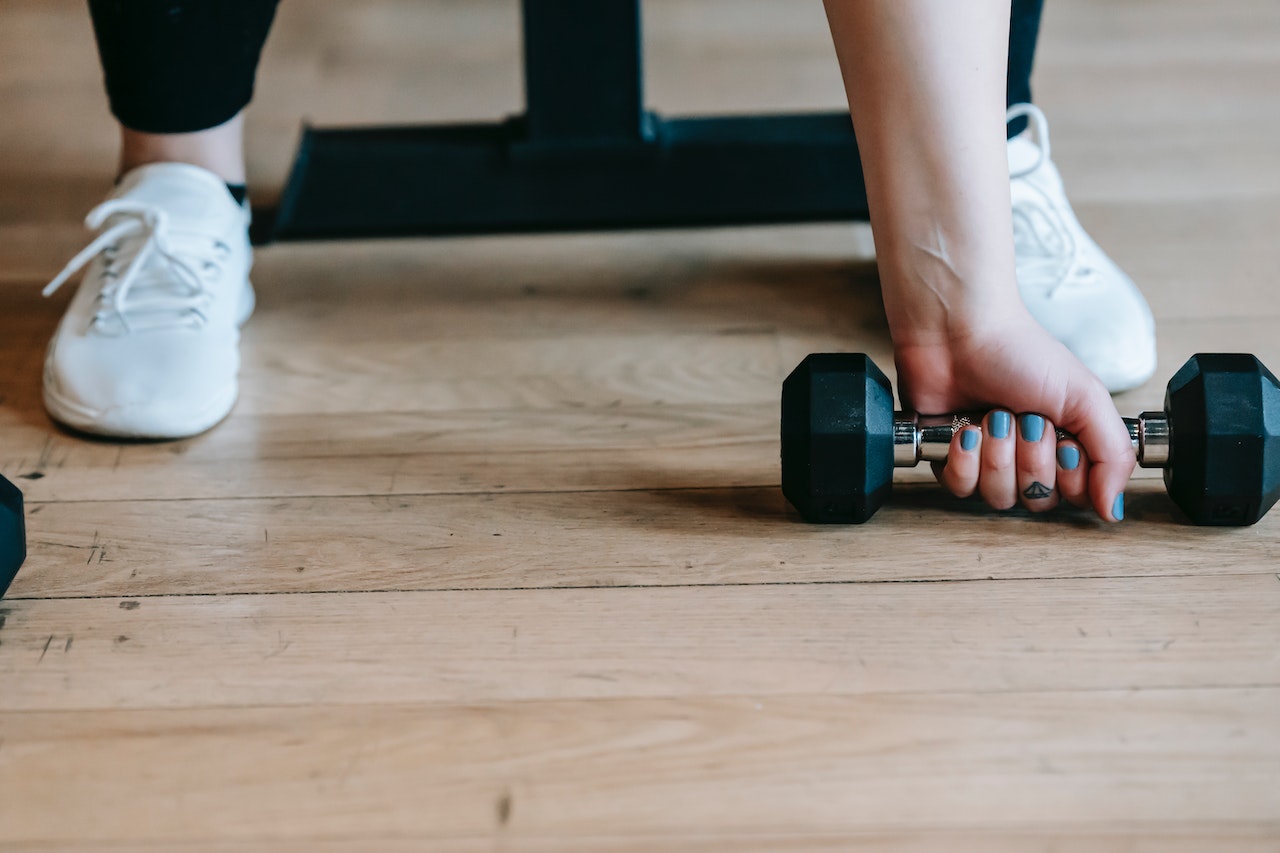Two-thirds of children in the U.S. will have experienced at least one traumatic experience by the age of 16, according to the National Child Traumatic Stress Initiative.
Some of these experiences include:
- Parental neglect
- Physical, psychological, or sexual abuse
- Serious accident
- Witnessing domestic violence
- Loss of a loved one
- School or community shootings or violence
- War
Sadly, many children grow into adulthood with unhealed trauma. This has a significant impact on their well-being.
Signs of Unhealed Trauma
One of the most common signs you have unhealed trauma is the feeling of dread and helplessness that seems to come out of nowhere. Certain triggers cause physical reactions, like a pounding heart, even while sitting still. In extreme situations, trauma response can lead to vomiting or loss of bladder or bowel control.
Unhealed trauma can look like a bad dream that never ends. Even if the event happened in childhood, the effects would reverberate for years. Traumatized people will still have strong reactions even after decades.
Other long-term effects of childhood trauma include anxiety, lack of trust, self-destructive behavior, and low self-esteem.
What Is Self-Esteem?
Self-esteem is a measure of how people value themselves. When someone has low self-esteem, it means they don’t think they have any worth. In contrast, those with too much self-esteem may think too highly of themselves.
Self-esteem is not determined at birth or even in childhood. It is developed over time and can change quite a bit, depending on current circumstances, past experiences, and many other factors.
People who go through phases of low-self esteem can still learn to value themselves with the help and support of those around them.
How Unresolved Childhood Trauma Affects Self-Esteem
Unresolved childhood trauma may result in low-self esteem because of the following:
1. Not Feeling Good Enough
People who were neglected as children may have grown up thinking they were not worth their parents’ love and care. Those who experienced abuse may think they deserved what happened to them.
2. Lack of Self-Love
People with unhealed repressed trauma may think there is no point in loving themselves when other people, especially their parents, didn’t love them growing up. As such, they grow into adulthood without taking care of themselves.
3. Anxiety
Those who experienced traumatic accidents may develop anxiety. They feel unsafe, especially when in situations or areas similar to their accident.
If anxiety is not managed, people may grow up with low self-esteem because they overthink or are unsure in social or professional situations.
4. Always Focusing on the Negative
Because they are used to negative experiences, people with unhealed trauma may maintain a pessimistic outlook on life. They focus on the negative things that happen, even when most of the rest are positive.
How To Deal with Unhealed Trauma and Self-Esteem Issues
Children need help processing trauma after a difficult event. If not, they will grow up with unhealed trauma and self-esteem issues.
Adults with unhealed trauma can manage their emotions and reactions through therapy. Trauma-focused cognitive behavioral therapy helps change their negative reactions for their overall well-being.




